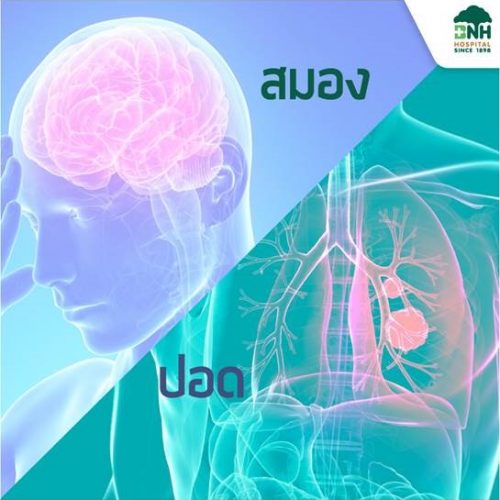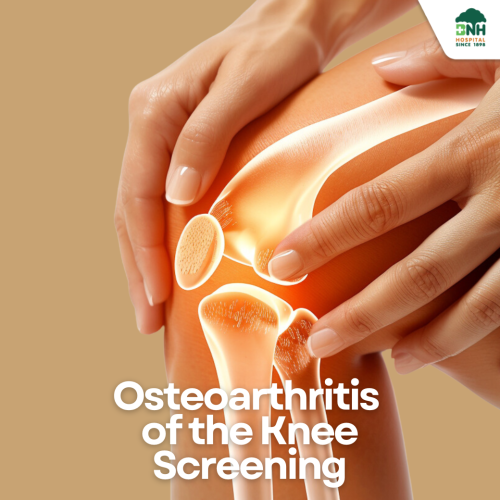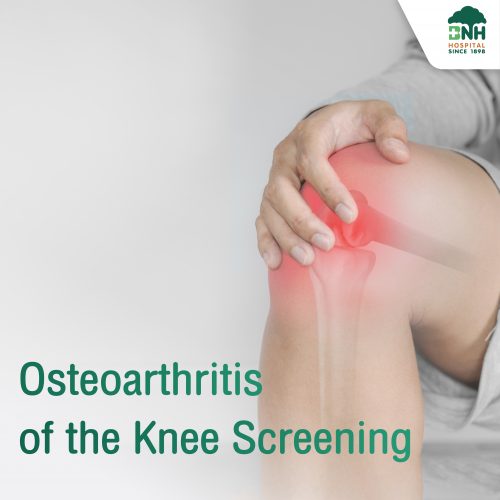- ×
 High Blood Sugar Package 1 × ฿2,790
High Blood Sugar Package 1 × ฿2,790
CT Calcium Score Screening
฿8,000
A coronary calcium scan is used to predict the occurrence and assess risk of cardiac event. The goal is to determine if CAD is present and to what extent, even if there are no symptoms. The information is also used to find an appropriate preventive measurement for coronary artery disease for each patient.
Computed tomography (CT or CAT scan) is a diagnostic medical test that produces multiple images or pictures of the inside of the body. The cross-sectional images generated during a CT scan can be reformatted in multiple planes, and can generate three-dimensional images which provide greater detail than traditional x-rays, particularly of soft tissues and blood vessels.
A cardiac CT scan for calcium score is a non-invasive test to obtain information regarding the presence, location and extent of calcified plaque in the coronary arteries which are the vessels that supply oxygen-containing blood to the heart muscle. Calcified plaque results when there has been a build-up of fat and other substances under the inner layer of the artery. The amount of calcium detected on a cardiac CT scan is a helpful prognostic tool. The test provides high resolution images of the beating heart at a fast scanning speed. Even a small amount of calcification on the coronary artery walls can be detected to help identify the risk of developing coronary artery disease. The progression of plaque build-up can narrow the arteries or even close off blood flow to the heart. The result may be chest pain, or a heart attack.
What causes calcium deposits in the heart?
Calcium deposits can be found on the walls of the coronary arteries, heart valve, or pericardium. Calcification of the coronary arteries is a degenerative process that occurs over many years before the symptoms of heart disease become apparent. People with coronary artery calcification have an increased risk of acute heart attacks (myocardial infarction) due to a sudden blockage of blood flow in the artery.
Who should have a coronary calcium scan?
A coronary calcium scan should be performed for people with the following risk factors:
- People aged 50 and older
- Patients with an intermediate risk of developing heart disease
- Patients with diabetes or kidney failure
- Patients with High cholesterol levels or high blood pressure
- Smoking
What are the benefits of scanning?
A coronary calcium scan is used to predict the occurrence and assess risk of cardiac event. The goal is to determine if CAD is present and to what extent, even if there are no symptoms. The information is also used to find an appropriate preventive measurement for coronary artery disease for each patient.
Related products
฿8,900 – ฿49,200
This product has multiple variants. The options may be chosen on the product page 
 ไทย
ไทย
 High Blood Sugar Package
High Blood Sugar Package 











